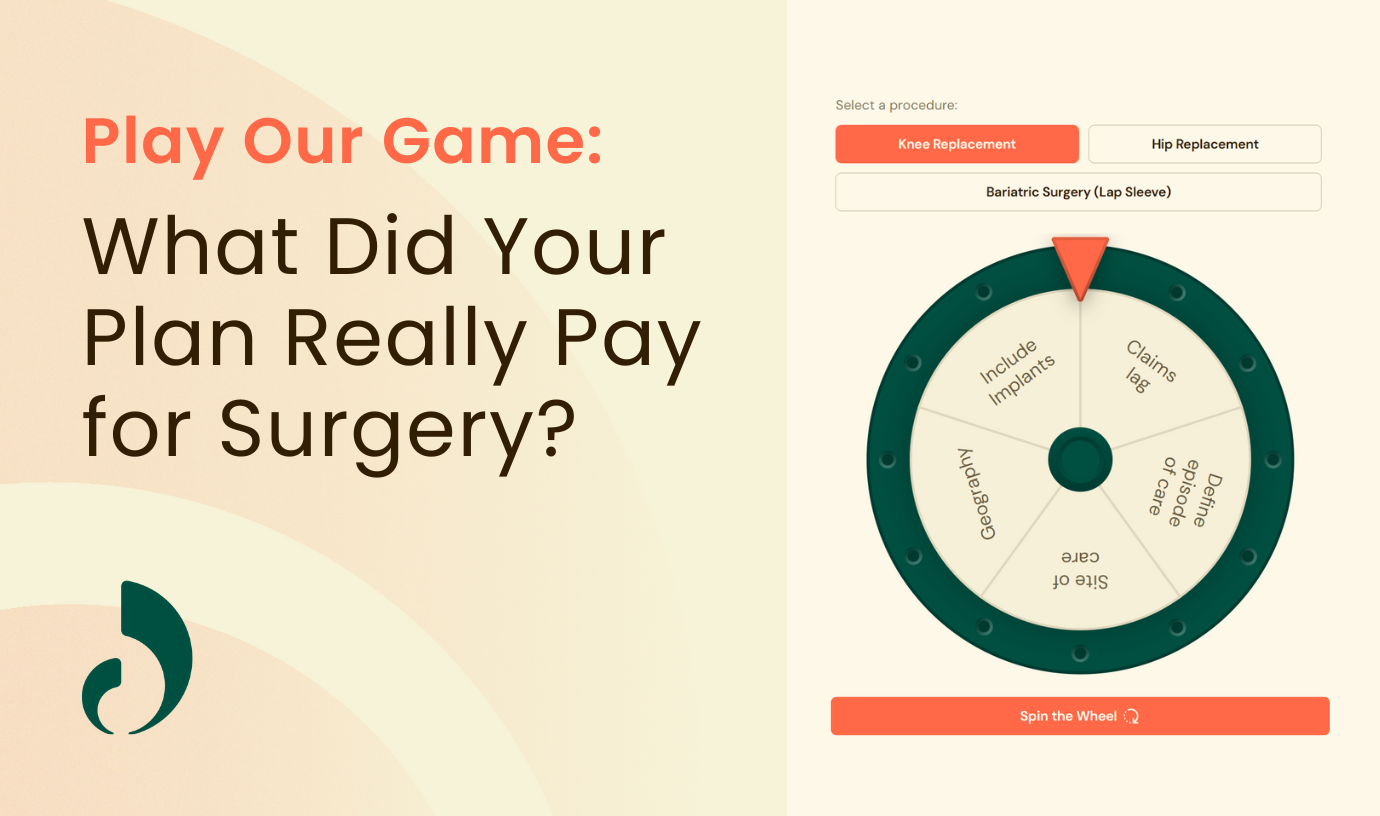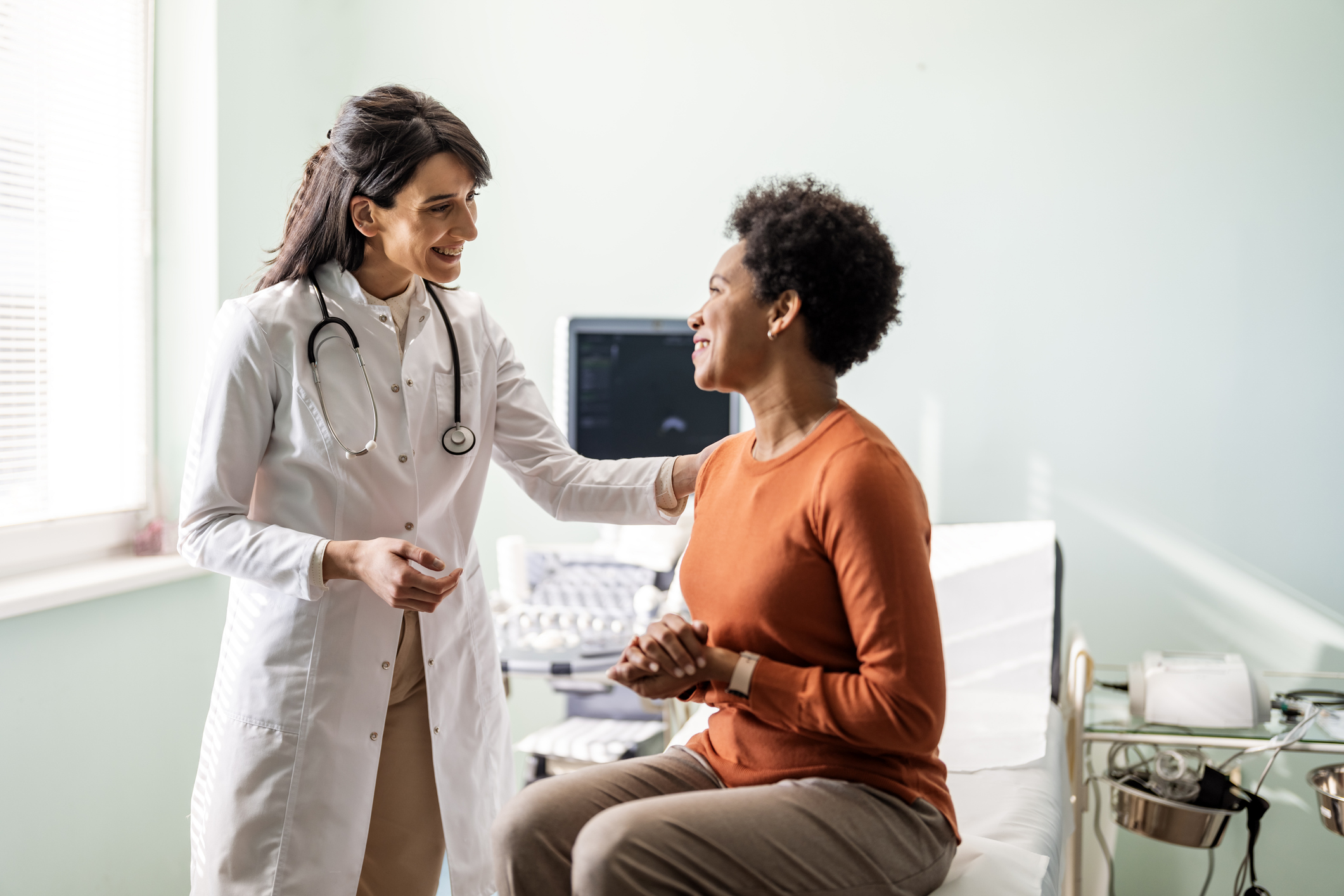Summary
- Early detection (Stages 1–2) significantly boosts survival rates and reduces the high costs and physical toll of advanced-stage treatments.
- Many employees skip screenings due to a lack of primary care, confusion over insurance coverage, or time constraints.
- Employers can drive engagement by providing paid time off for appointments, year-round benefits education and coverage for advanced cancer screening technologies.
Nearly 80% of Americans delay important health screenings—even though early detection can dramatically increase survival rates and reduce the need for invasive treatments. As an employer, you have a unique opportunity to help close this critical gap
“Early detection equals better outcomes. So, stage 1 and stage 2 cancers are treated much more effectively and are much more curable than stage 3,” said Emily Wentz, RN, BSN, CCM, OCN, Director of Case Management at Lantern. “At stage 4, that is not even considered a curable cancer. So, finding it in stage 1, stage 2 or even sometimes stage 3 gives you an outcome of survival.”
The Life-Saving Power of Early Detection
When it comes to cancer, timing is everything. Catching it early often means simpler treatments, fewer complications, and better long-term outcomes. In many cases, it can mean the difference between life and death.
Consider these survival rates:
- According to National Cancer Institute, the 5-year survival rate of a localized breast cancer diagnosis is approximately 99.6%, while a distant diagnosis has a 5-year survival rate around 31.9%.
- According to National Cancer Institute, colon cancer stage 1 5-year survival rate is 91.1%; at stage 4, it drops to 15.7%.
- According to the CDC, catching cervical cancer in later stages requires aggressive treatments like chemotherapy or surgery and has a lower chance of survival.
“It’s important to remember that in some cases, if you find it early, you’re going to have a 99% survival rate,” Wentz said. “You get it treated, and you’re done. That’s very different than having a 37% survival rate and treating it for years and years.”
Understanding Screening Guidelines
Cancer screening guidelines can vary based on age, risk factors, and family history. Helping your team understand when and how to screen is a simple way to support early detection.
Here are the general recommendations Wentz shared:
- Mammograms starting at age 40
- Cervical cancer screenings beginning at age 21
- Colonoscopies starting at age 45
- Prostate cancer screenings starting at age 50
What’s Stopping Employees from Getting Screenings?
Even though screenings have very clear benefits, the 2024 Aflac Wellness Matters Survey revealed nearly 80% of Americans admitted to delaying an important health checkup, and 60% avoided common recommended health screenings.
Employees may postpone screenings for several reasons:
- Busy schedules: Between work, family life, school activities and chores, many people find it difficult to make time for an appointment.
- No primary care provider: According to a 2023 report by the National Association of Community Health Centers, approximately one-third of Americans—over 100 million individuals—lack access to a primary care provider. Statistically some of your employees are among them.
- Uncertainty around screenings and costs: A 2023 survey by the Kaiser Family Foundation revealed that 51% of insured adults find at least one aspect of their health insurance difficult to understand, such as coverage details, out-of-pocket costs, provider networks, explanation of benefits statements or common insurance terms.
How Employers Can Help
Educating your employees about how their benefits work, how those benefits cover screenings and why they are important can make a difference.
Here are a few quick tips to get you started:
- Consider giving your employees extra time off for preventive screenings.
- Include Employee Advocates who are willing to share their stories in your benefits communications plan. Testimonials and personal stories make a difference.
- Look at covering breast ultrasounds or MRIs for employees who have dense breast tissue that can make traditional mammography difficult.
- Offer incentives to employees who get vital screenings.
- Communicate about your benefits year-round – not just during Open Enrollment.
Wentz also suggested thinking about promoting and talking about screenings in ways that resonate.
“People talk a lot about buzzwords like self-care, but it’s not just pedicures and getting your hair done. It’s things like this, too,” Wentz said. “Being able to do your regular appointments, your annual physical, your screenings, all of those things are part of self-care, too.”
For more tips from the experts at Lantern, check out this blog post about year-round benefits promotions.




